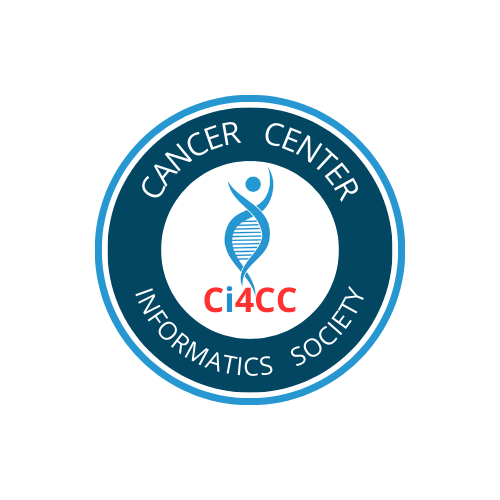The New Backbone of Clinical Trial Design
Dr. Douglas A. Levine
2012: Most scientists would now agree that The Cancer Genome Atlas (TCGA) is a transformative program in cancer biology, at least in defining the genomic landscape for a variety of malignancies in a reliable and robust manner. Research begets research and TCGA is no exception. On a computational level, there has been relatively little exploitation of the available germline data to examine quantitative trait loci (QTLs), and on the biologic level, there has been a lack of proteomic integration with TCGA – except for the recent inclusion of the reverse phase protein arrays on available residual material. Even the most nascent scientist can imagine countless additional outstanding analyses to be performed with TCGA data.
A major contribution that TCGA has made to date is in the design of molecularly targeted clinical trials. Prior to the widespread availability of reference genomic data, clinical trials of targeted therapeutics were based on a comprehensive review of the limited literature, generally indicating specific genomic events identified in a relatively small and sometimes non-uniform patient population. With TCGA’s data, now the starting point is often a survey of relevant events in the specified disease. As characterizations of more cancer types are completed, similarities and differences in event types for a given pathway or target can be highlighted across varied tumors types. For example, breast, endometrial, and colon cancers have many somatic mutations in the PIK3CA and PTEN genes. However, in ovarian cancer, copy number alterations in these genes predominate, and in lung squamous cell carcinoma, there is a plethora of amplification events in PIK3CA and mixed mutation and somatic copy number alterations (SCNAs) in PTEN. These varied genomic differences can now be (and are) considered when planning clinical trials.
MK-2206 is a selective allosteric inhibitor of AKT and is equally potent against AKT1 and AKT2, but less so against AKT3. MK-2206 inhibits phosphorylation of AKT1/2, which is a likely consequence of PI3K pathway activation through varied mechanisms, including PTEN or INPP4B loss, mutation in PIK3CA, PIK3R1, or AKT, and activation by other receptor tyrosine kinases. The PI3K Stand Up to Cancer Dream Team has recently opened two clinical trials in ovarian and endometrial cancers using MK-2206 as monotherapy in patients with recurrent disease. In designing these trials, TCGA’s data regarding the genomic heterogeneity have played a key role. It has been well known for many years that endometrial tumors have frequent somatic mutations in PTEN, PIK3CA, and other pathway members. However, for high-grade serous ovarian cancer, TCGA has identified activation of the PI3K/AKT pathway in approximately 40 percent of cases, mostly through SCNA and not through somatic mutation. Based on these genomic data, the endometrial trial is accruing ‘all-comers’ and stratifying them to treatment arms based on the results of a patient’s PIK3CA mutation testing. The ovarian trial is restricted to patients with an event in the PI3K/AKT pathway evidenced by either prior mutation detection, which is unlikely, or through PTEN loss as measured by immunohistochemistry (IHC). This loss is expected to be identified in approximately 20 percent of cases (unpublished data). The TCGA ovarian data directly informed this trial design. In contrast to mutational event testing for the PI3K/AKT pathway, which is becoming increasingly available in many CLIA-compliant laboratories, SCNA assays are hard to develop for patient selection on clinical trials. IHC is a widely available assay that can be applied to PTEN at academic centers with potential trial patients. Both trials will have sufficient correlative studies to survey all major events within the PI3K/AKT pathway once patient accrual is complete. Similar patient inclusion criteria could not be used for the same drug being tested in two different diseases due to the heterogeneous genomic background.
This example of the integration of TCGA data is just one of several with similar merit that could have been discussed. I believe that in the future of clinical trial design for targeted agents, after established pre-clinical biology, we will begin to search for a disease with sufficient genomic events to make a clinical trial worthwhile. TCGA will continue to play a major role in defining appropriate diseases for targeted agents. I hope to see genomics-directed trials that are somewhat agnostic to tumor site of origin after further proof of principle studies help to turn this admirable goal into reality.
Trials mentioned in this article:
PIK3CA Mutation Stratified Trial of MK-2206 in Recurrent or Advanced Endometrial Cancer - NCT01312753
MK-2206 in the Treatment of Recurrent Platinum-Resistant Ovarian, Fallopian Tube, or Peritoneal Cancer - NCT01283035
Share this Article with others





